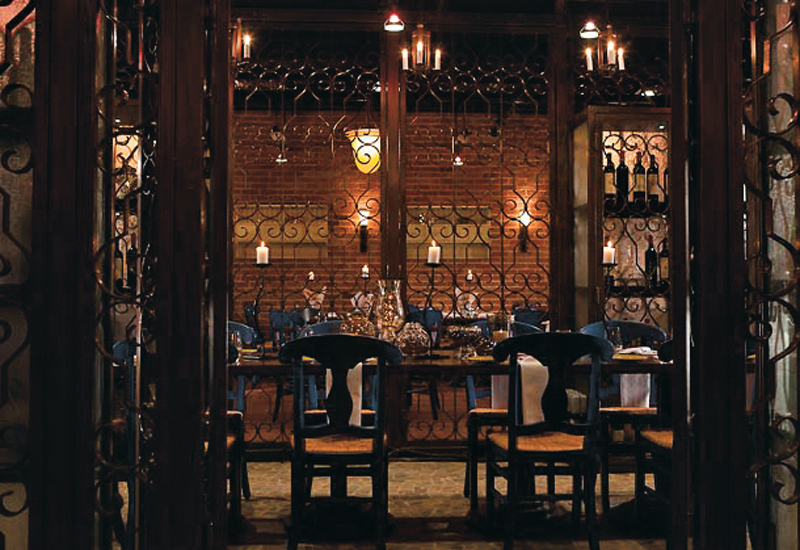 The roundtable debate was hosted in the Cucina Restaurant at the newly-opened Renaissance Doha City Center Hotel, located in Doha's new business distr
The roundtable debate was hosted in the Cucina Restaurant at the newly-opened Renaissance Doha City Center Hotel, located in Doha's new business distr
Do you think standards in this market need to be improved?
Khurshid: Yes, a very good example is with hotel bookings — if you go to the UK the TMC will understand the difference between a corporate deal and a leisure deal.
So I cannot sell corporate travellers a leisure rate — but in this market, they are not able to identify the difference. They just think, what is cheap we will sell that.
For corporate travellers I would always apply a business traveller rate to a particular hotel — but a smaller travel agent would just take the leisure rate and quote them that so we lose the business. There is a huge difference sometimes.

| Advertisement |
I think this market needs to become more educated in many ways.
Purakot: It’s also a very late booking market. We have clients who come in and say — book the hotels, the flights, but get me the best deal, and when are you planning to travel? Tomorrow! That’s a big problem.
What about payment terms — what issues do agents face with corporate clients here?
Khurshid: Corporates here are always comparing agent to agent in terms of the credit periods offered so we feel the need to compete with each other on this — offering customers credit of 30 days, 60 days, 90 days. They compare our commission levels as well, and what we are going to charge for a management fee. It’s too much.
The problem is the corporates here don’t look at the larger picture. When the tender goes through they look at the service fee but they don’t look at the larger picture in terms of, at the end of the year what is that TMC going to bring for that client.
I think we really need to educate our customers and talk to them about what we can really bring to the table as TMCs.
Darim: It’s also educating the customer about using credit or lodge cards such as American Express or Diners. These payment methods are used commonly throughout Europe and the US, but here in the Middle East people are scared about using plastic whereas there’s actually huge benefits for a corporate to use those here.
Is it unusual for companies to pay agents on credit card here in Qatar?
Khurshid: Yes, it’s very unusual. Just one or 2% of the corporates here are really working on introducing these payment methods currently.
Darim: But if you just cross the waters into Dubai a lot of companies actually use credit cards as a form of payment for travel — but here locally in the market we can all agree that there is still that stigma of ‘what if the agent goes off with my credit card?’
Companies still haven’t got to grips with the idea that they are still in control and are not liable for it if incorrectly charged. And for us as agents to be able to have payment through a credit card or lodge card would hugely improve our cash flow, because ultimately we are almost acting as banks — but we are not charging interest!
Khurshid: That’s true; we are facilitating finance to our customers for months at a time and it could be for much longer than 60 days. You have summed it up in one word — we are behaving like banks.
Could travel agencies here impose some standardisation as far as credit periods are concerned? Won’t this help to improve your cash flow?
Khurshid: That’s a very good idea. I think it’s been thought of many times here but it’s not going to work in this market.
This is such a challenging market that I don’t think any agent can afford to lose any account. If one agent puts their foot down on this the corporate would go straight to the next agency. If it’s a matter of offering them 30 or 60 days credit; still the account has been a good source of revenue. So at this stage unless the account is really bad then the agent cannot really afford to lose it.








 Search our database of more than 2,700 industry companies
Search our database of more than 2,700 industry companies









